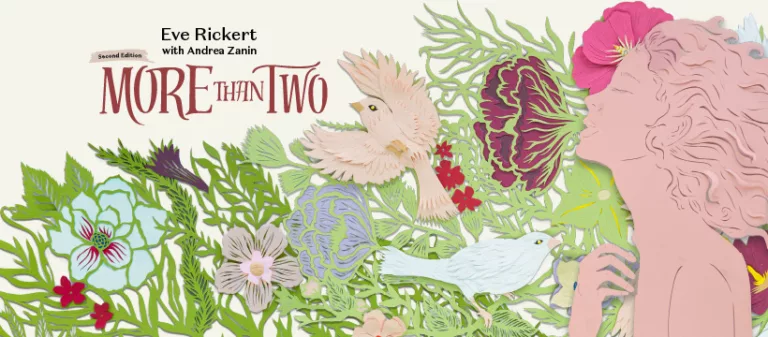If you’re poly, you’ve heard this story a million times before.
S is polyamorous. At least he says he is—and having known him since he was 16, I believe he is—but he’s never been in a genuine poly relationship. He’s been with a monogamous woman for about six or eight months now, and he believes she will change. I recently had a short but very frustrating conversation with her and one of her friends about polyamory—a conversation that I expect to be the subject of several posts—but for now, I just want to touch on why I don’t have high hopes for this star-crossed couple.
Mono-poly relationships can work. I’ve seen them work. They’re hard, no doubt about that. And the only thing that seems to make them work is when each person wholeheartedly embraces the other person’s nature, allowing them to live in the way that’s most authentic for them, with a minimum of judgement.
But it usually doesn’t happen that way.
In my experience, it usually works this way: the mono person says they accept the poly person’s poly nature. They may even agree to an open relationship—just not yet. They want time for the relationship to be stable, to feel secure. And the poly person gives them that time. And more time. And each time they want to talk about genuinely opening up the relationship, there’s some reason not to. Either the mono person needs more time, or there’s some external stressor, or there’s something wrong with the person the poly person wants to date… And if the poly person does genuinely fall for someone new, well, of course that person is now a threat—because the poly person is willing to “threaten” the established relationship in order to be with the new person.
I’ve seen this happen many times; it’s the kind of thing that makes people who have been poly a long time shake their heads and shrug helplessly: you know what lies ahead for this couple, but what can you do except let them walk that long, painful road for themselves?
The mono person believes, usually, that polyamory is just a phase, and that the poly person will get over it and settle down once they find the right person (which is, of course, the mono person). The poly person believes the mono person will come around once they feel secure, or start to want variety, or see other poly relationships working, or simply see the light.
The problem here is that both parties are entering, and continuing, the relationship on the assumption that they will eventually change the other person. And the problem with that is not only that it’s extremely unlikely—I don’t even think I need to go into why it’s a bad idea to premise a relationship on another person changing. We’re talking here about things that are pretty fundamental to your lover’s happiness. In many cases, we’re talking about people’s fundamental understandings of their own sexual identities. Dismissing those things as something you can make them change is simply not a loving thing to do.
How might things be different if we could say, with total honesty, to the ones we love: “I don’t want you to be anything other than exactly what you are?”



